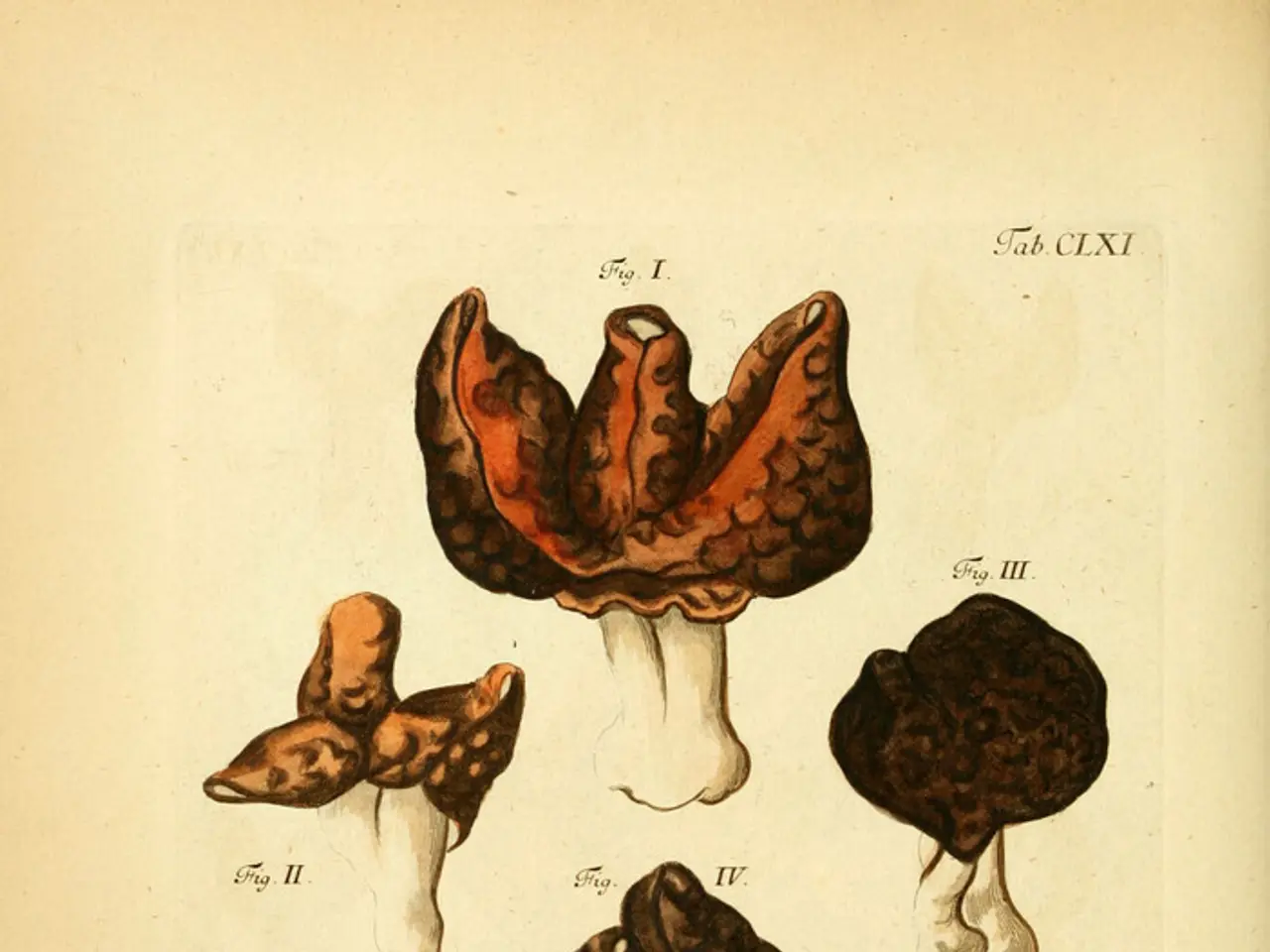Soaring liver cancer rates anticipated as efforts to combat alcohol and obesity falter - Research Findings: Substantial Rise in Liver Cancer Indicated, Without Effective Strategies for Countering Alcohol and Obesity Issues
In a groundbreaking study published in The Lancet, a commission of experts from France, Italy, Spain, the USA, South Korea, and China has called for urgent global action to combat the rising liver cancer burden. The study highlights the need for coordinated policies targeting viral hepatitis elimination, obesity management, and alcohol misuse reduction, combined with public health education, screening, and healthcare system strengthening.
The study warns that if vaccination rates do not increase, an estimated 17 million people will die from hepatitis B between 2015 and 2030. If these multidimensional efforts reduce liver cancer incidence by 2–5% annually, up to 17 million cases and 15 million deaths could be prevented by 2050 globally.
The researchers emphasize that the proportion of liver cancer cases caused by viral hepatitis will decrease, with the incidence of hepatitis B decreasing from the current 39% to 36.9%, and hepatitis C decreasing from 29.1% to 25.9%. However, viruses that cause hepatitis B or C will still be the main causes of liver cancer in 2050.
The study also points to alcohol consumption, viral liver inflammation (hepatitis), and a condition called MASLD, where fat accumulates in the liver of obese individuals, as significant risk factors for liver cancer. The proportion of liver cancer cases caused by alcohol consumption is expected to increase by two percentage points to 21%, while the proportion caused by fatty livers in severely overweight individuals is expected to increase by two percentage points to 11%.
To combat these risks, the experts recommend intensifying hepatitis B vaccination programs, expanding access to antiviral therapies for hepatitis B and C, addressing obesity and MASLD, implementing alcohol control measures, enhancing public awareness and education, incorporating liver cancer screening and surveillance in high-risk populations, and strengthening health systems.
The study also emphasizes the urgent need for global measures to combat liver cancer, particularly in poorer countries such as those in Africa south of the Sahara, where vaccination rates are low. The experts recommend newborn vaccination as the safest protection against hepatitis B.
Liver cancer is the third deadliest type of cancer, and the study underscores the importance of early detection and care-seeking behavior. The researchers call for improving early detection through screening and surveillance, and for increasing public awareness of liver cancer risk factors and prevention measures.
In Europe, the USA, and Asia, obese individuals are warned about the risk of cancer-causing fatty liver disease. The researchers emphasize the need for integrating liver health screening into routine care for patients with obesity, diabetes, and cardiovascular disease, and for promoting lifestyle interventions targeting weight reduction and metabolic health.
In conclusion, urgent global action is required to substantially curb the rising liver cancer burden. This action must be coordinated and multidimensional, targeting viral hepatitis elimination, obesity management, and alcohol misuse reduction, combined with public health education, screening, and healthcare system strengthening.
- The study underscores the significance of vaccination programs, particularly focusing on hepatitis B, in protecting individuals against liver cancer.
- To ensure the success of multidimensional efforts, the experts advocate for increasing vaccination rates worldwide.
- The study emphasizes the importance of science, using evidence-based research to develop and implement efficient vaccination programs.
- In addition to vaccination, access to antiviral therapies for viral hepatitis B and C is crucial in reducing liver cancer incidence.
- The study also addresses the issue of obesity, highlighting the risk of MASLD, a condition causing fatty livers in severely overweight individuals.
- To combat this risk, lifestyle interventions targeting weight reduction and metabolic health are recommended, in line with the principles of fitness and exercise.
- The study sheds light on the role of alcohol consumption as a significant risk factor for liver cancer and underscores the need for implementing alcohol control measures.
- Workplace-wellness programs, promoting healthier lifestyle choices and medical-conditions management, could play a vital role in reducing liver cancer cases.
- Chronic diseases, such as digestive-health issues and respiratory conditions, are also mentioned as potential risk factors for liver cancer.
- Early detection and timely care-seeking behavior are essential in managing liver cancer, especially eye-health and hearing screening to catch other related medical issues.
- The study highlights the need for mental-health support and services for those faced with liver cancer, as well as stressing the importance of therapies and treatments in their care.
- In terms of wellness, skin-care and nutrition are essential for overall health, including liver health.
- For men, mens-health check-ups should include screening for liver cancer, along with screening for other health issues like prostate cancer.
- As people age, they become more susceptible to various health-related conditions, making it crucial to monitor and manage liver health in aging populations. Furthermore, addressing medical issues like neurological-disorders, skin-conditions, and cervical-cancer could help mitigate the risks associated with liver cancer.




